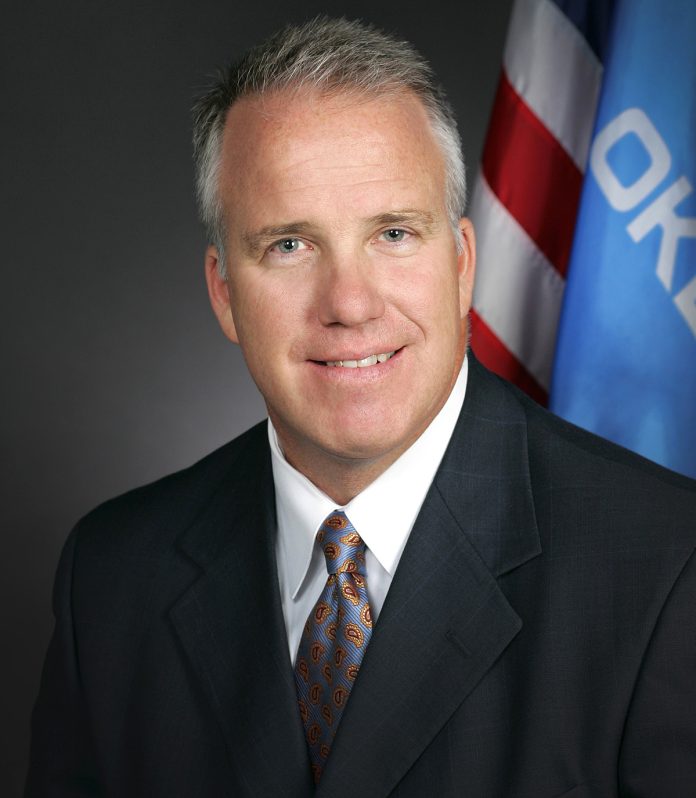By Oklahoma Insurance Commissioner Glen Mulready
Did you know that life expectancy in the United States for men and women increased by about 10 years between 1960 and 2015? According to the U.S. Census Bureau, individuals over 65 accounted for 16.8% of the country’s total population in 2020. Americans are living longer, and often, older adults rely on long-term care during the later stages of life, which is where long-term care insurance can help. There are several factors to consider when considering long-term care insurance.
What is long-term care insurance?
Contrary to what many might think, long-term care encompasses more than care in a nursing home. This type of care usually includes home care, hospice care, or adult day health care. Long-term care insurance helps to cover the cost of this care. It includes policies providing nursing home care, home health care, community-based care, or any combination. This type of policy does not include coverage provided under comprehensive or major medical policies, Medicare Advantage, or accelerated heath benefit-type products.
How much does long-term care cost?
Long-term care can be expensive. The Cost of Care Survey by Genworth, which breaks down costs for different kinds of care for each state, found that monthly costs in Oklahoma can range from about $1,800 for adult day health care to almost $7,000 for a private room in a nursing home facility. These are median costs for the state and can vary depending on location and level of care.
Does Medicare cover long-term care?
Medicare generally does not cover long-term care. Medicare Part A does cover skilled nursing facility care, nursing home care (as long as custodial care isn’t the only care you need), hospice care and limited home care. You may qualify for long-term care through Medicaid, but you can opt to purchase a long-term policy from a private insurance company.
Do I need long-term care insurance?
When determining your need for long-term care insurance, consider several factors:
• You should consider your personal health situation. If you need assistance with daily activities due to illness or disability, a long-term care policy might benefit you.
• Your age should play a part in your decision, as your need for care increases as you age.
• You should think about your financial situation. Long-term insurance might be a good option if you can afford premiums without financial difficulty.
Which resources are out there?
The National Association of Insurance Commissioners (NAIC) offers a comprehensive shopping guide to long-term care insurance that can answer many questions about this type of insurance. The United States Department of Health and Human Services Administration for Community Living has a Long-Term Care Pathfinder to help locate care and assess needs. As always, if you have any questions about this type of insurance, the Oklahoma Insurance Department (OID) is here to help at 800-522-0071 or https://www.oid.ok.gov.















